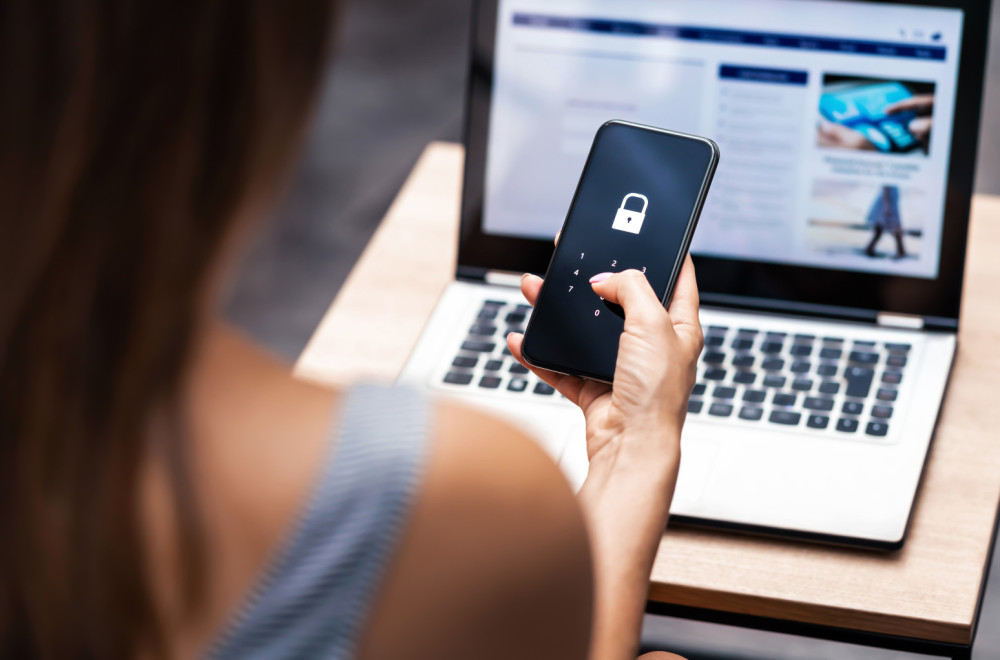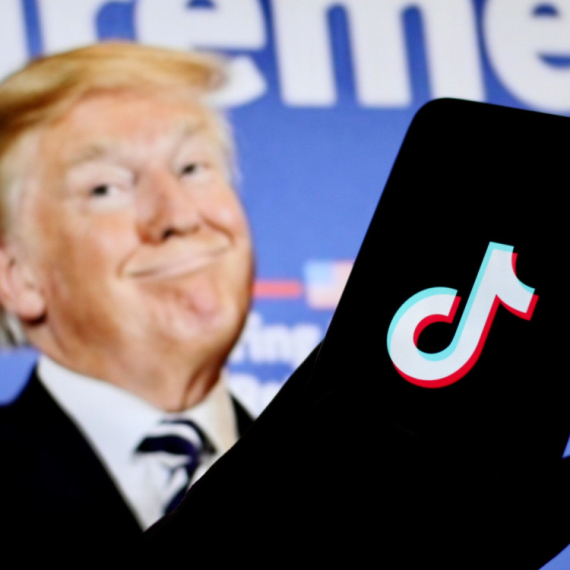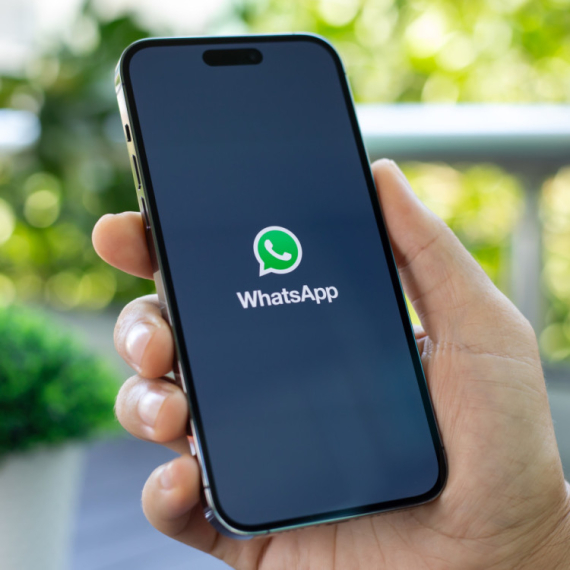A new report reveals that around one million two-factor authentication (2FA) codes sent via SMS messages were likely intercepted. These codes provide additional account security, but SMS communication is not encrypted, making the codes vulnerable to interception within telecommunication networks. A whistleblower provided evidence that these messages passed through an unknown Swiss company, Fink Telecom Services, linked to state intelligence agencies and digital surveillance firms. Affected users include major companies and popular apps such as Google, Meta, Amazon, cryptocurrency platforms, and encrypted communication apps like Signal and WhatsApp. Security experts warn that hackers, including state agencies, can access accounts even when 2FA is enabled if SMS codes are used. It is recommended to use authentication apps or more secure options like passkeys, which use local biometric identity verification.
Political Perspectives:
Left: Left-leaning sources emphasize the privacy risks and potential government surveillance implications of intercepted 2FA codes, highlighting the dangers of state agencies accessing personal data and calling for stronger digital privacy protections and alternatives to SMS-based authentication.
Center: Center-leaning reports focus on the technical details of the security breach, the scale of the interception, and practical advice for users to switch from SMS-based 2FA to more secure authentication methods, stressing the importance of cybersecurity awareness.
Right: Right-leaning narratives may highlight the involvement of state intelligence agencies and foreign companies in surveillance, framing it as a threat to national security and individual freedoms, and often advocating for stronger regulation of telecommunications and digital services to protect citizens.







































